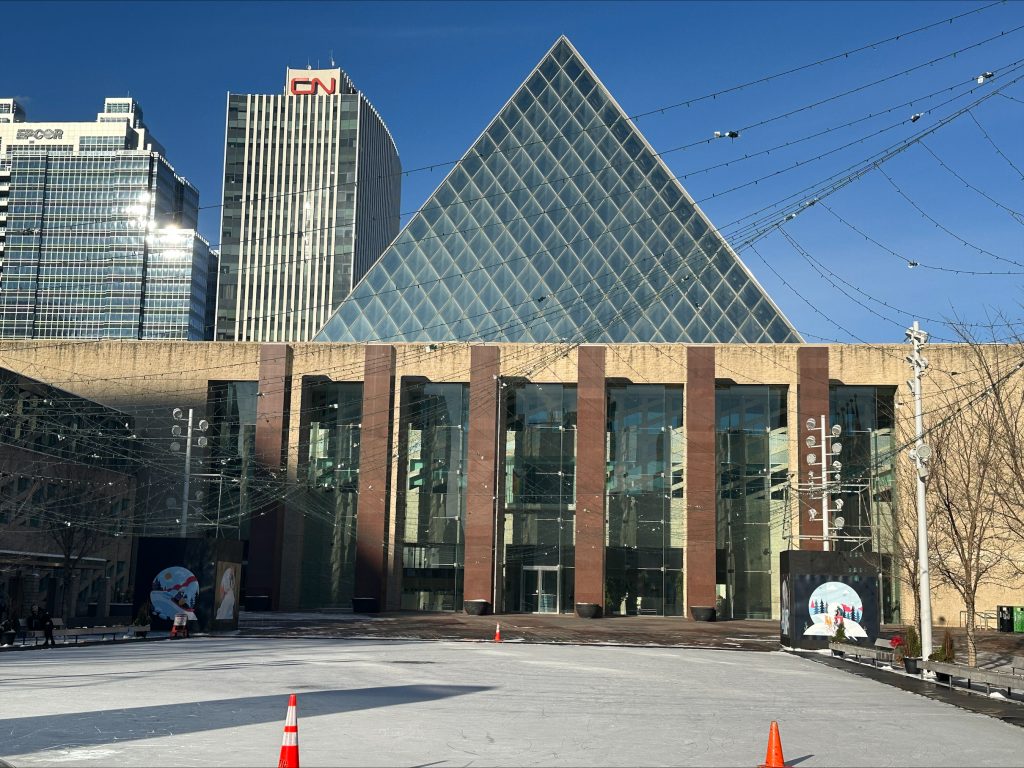
Earlier this week, Edmonton’s business leaders sent a letter to city hall calling for a refocus on Edmonton’s finances ahead of budget deliberations.
University of Alberta researchers are sharing their ideas on how to fix Edmonton’s budget woes.
“This is trying to suggest that upfront investments and spending on long term solutions — that’s where we get the title ‘shifting gears away from the current status quo decision making,” said Inez Hillel, Economist & President, Vivic research.
A report commissioned by University of Alberta think-tank parkland institute surveyed almost everyone impacted by Edmonton’s budget, from councillors to citizens.
The report suggesting a number of ways the city could move away from the choice between raising taxes or cutting services when it comes to finances.
It’s a far cry from the Edmonton chamber of commerce’s letter sent to city council Wednesday, calling for the city to focus on core services and economic development.
“The potholes and the snow clearing. There are the things that are important for the city to do – but not life and death matters like downtown investment. And then they are things that are good for the city to do, but I don’t know, they’re even less of a priority,” said Dough Griffiths, President & CEO of Edmonton’s Chamber of Commerce.
While Edmontonians are waiting to see just how much their property tax will increase next year, Edmonton mayor Amarjeet Sohi vowed to bring it down from the a proposed 8.1 per cent property tax hike.
Parkland institute suggests a complete overhaul with progressive tax brackets, closer to income tax.
“What it looks at is charging higher property taxes on either people with properties that are valued above a certain amount. Or it could be linked to income and wealth depending on how it’s set up,” said Hillel.
The report also calls for increased urban densification, something city leaders approved earlier this year with sweeping zoning bylaw changes.
“Building that in places that where it could mean an increase in staffing hours, that’s availble for people with more frequent transit service, but isn’t also coming with very major capital investments into building new infrastructure,” said Hillel.
City council begins budget talks next week.